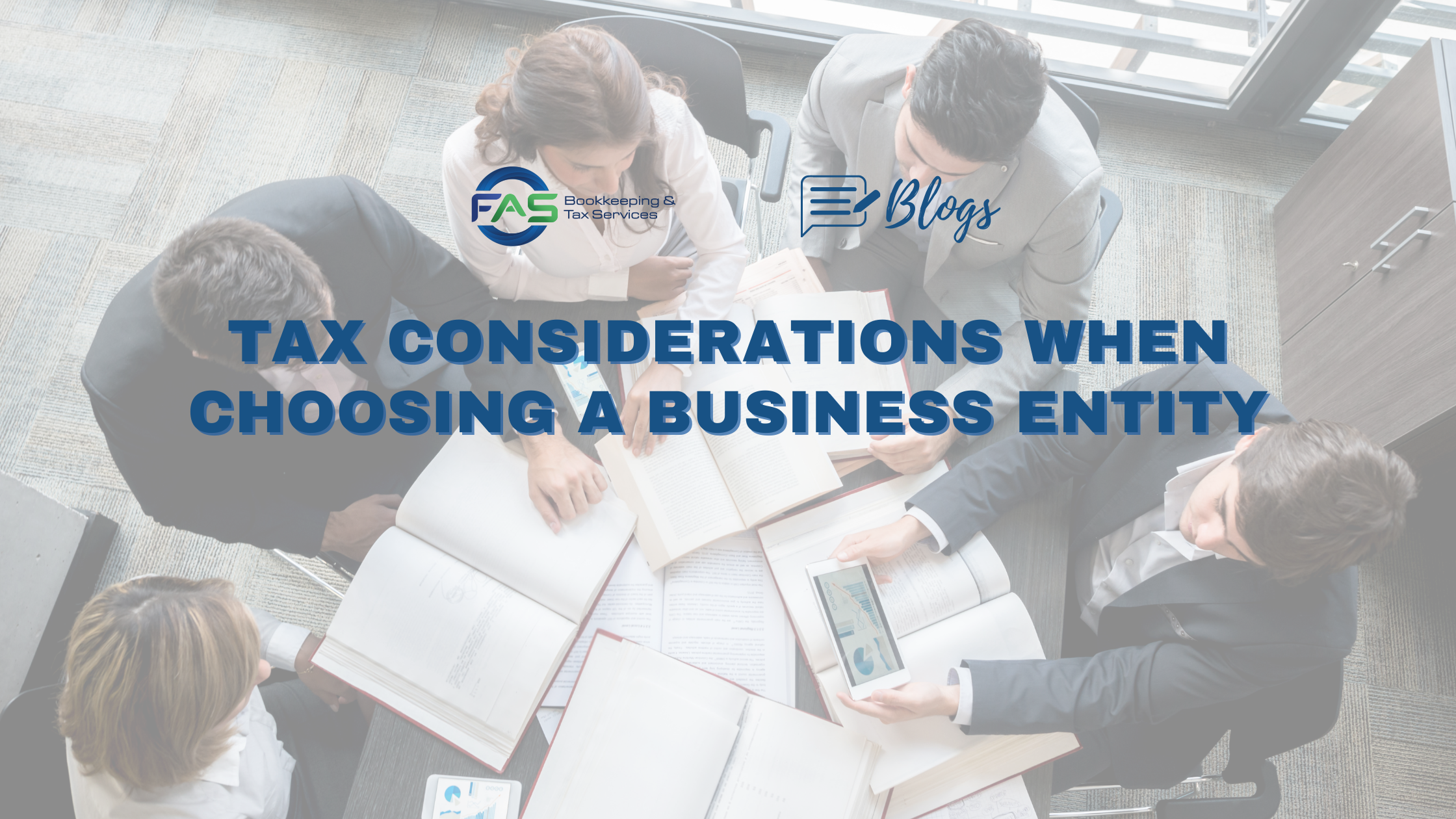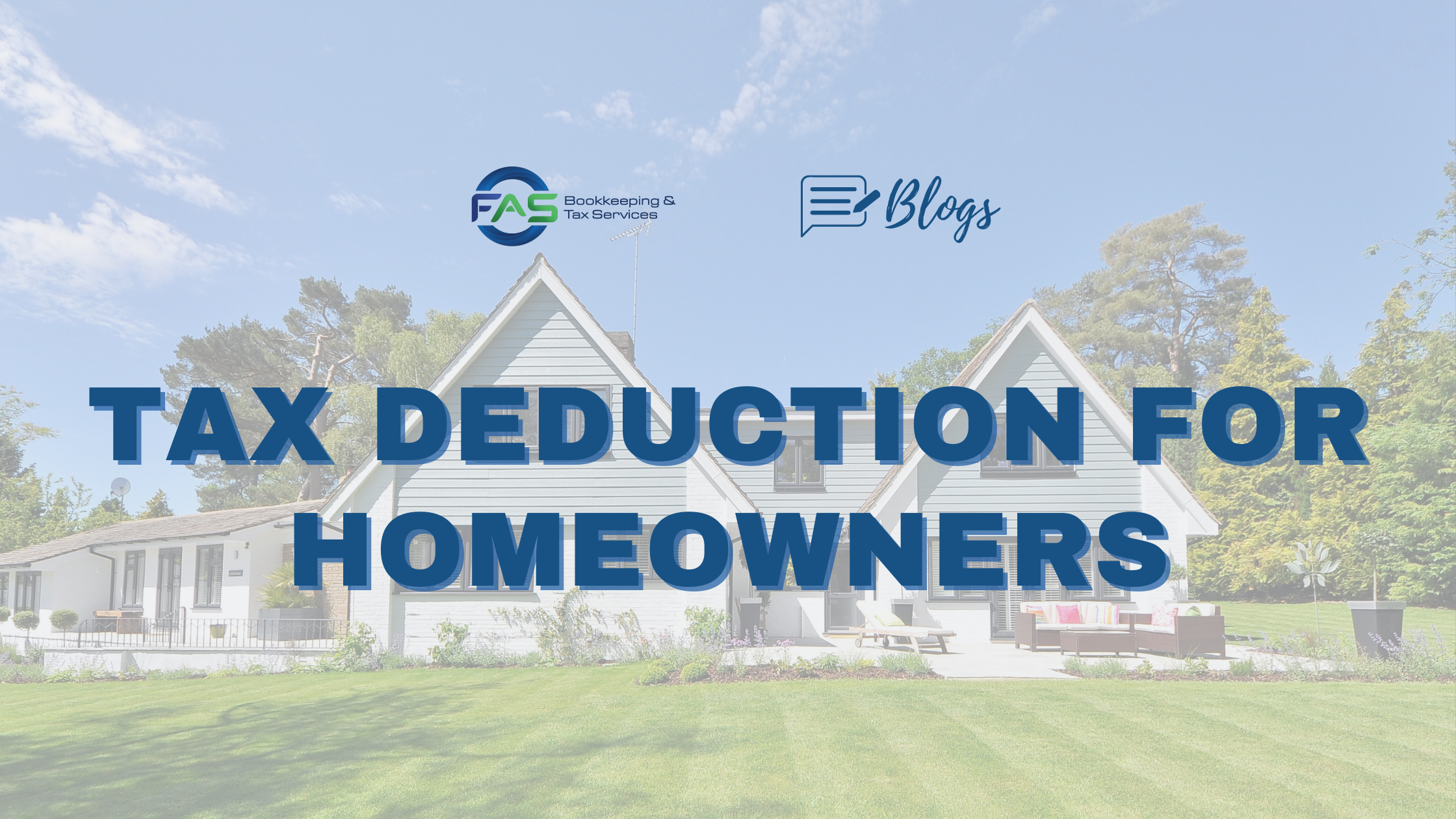Tax Deductions for Homeowners
For many people, buying a home, whether it’s a fixer-upper in a neighborhood that’s on the rise or the custom home they’ve always wanted, is a big deal. Buying and owning a home can have a steep learning curve, but there are also some benefits, at least when it comes to tax deductions for homeowners.
The first thing taxpayers should know about home ownership is that the IRS defines a home as a house, condo, cooperative apartment, mobile home, houseboat, or house trailer with a place to sleep, a toilet, and a place to cook. It’s important to remember that a person can only have one main home at a time, even if they own more than one. Most people only own and live in one home. If so, that’s where you live most of the time.
Most people get a mortgage loan to buy a house, and then they pay the mortgage holder each month. This payment could cover a number of costs that come with owning a home. Only the following costs can be deducted by the homeowner:
- State and local real estate taxes (SALT), up to a limit of $10,000
- Interest on a home mortgage, up to the limits
- Mortgage insurance premiums
To deduct costs related to owning a home, taxpayers must file Form 1040, U.S. Individual Income Tax Return, or Form 1040-SR, U.S. Income Tax Return for Seniors, and itemize their deductions. Those who itemize, on the other hand, can’t use the standard deduction.
Non-deductible Payments and Expenses
None of the following can be deducted by homeowners:
- Insurance, other than mortgage insurance, such as fire and comprehensive coverage, and title insurance
- The amount used to pay down the mortgage’s principal.
- Wages you pay for domestic help
- Depreciation
- Cost of utilities like gas, electricity, or water cost
- Most of the costs of settlement or closing
- Deposits, down payments, or earnest money that was lost
- Internet or Wi-Fi system or service
- Fees paid by homeowners, fees paid by condo owners, or common charges
- Repairs at home
Mortgage Interest Credit
The goal of the mortgage interest credit is to help people with lower incomes buy homes. Those who qualify can get credit each year for a portion of the interest they pay on their home mortgage.
A homeowner may be able to get the credit if their state or local government gave them a qualified Mortgage Credit Certificate (MCC). An MCC is only given out when a new mortgage is taken out to buy a main home. The MCC will show the certificate credit rate the homeowner will use to figure out their credit. It will also show the amount of debt that has been approved, and only the interest on that amount is eligible for the credit.
Homeowners Assistance Fund
The Homeowners Assistance Fund program gives eligible homeowners money to help pay for certain costs related to their main home. This is done to prevent mortgage delinquencies, defaults, foreclosures, loss of utilities or home energy services, and the moving of homeowners who are having trouble paying their mortgage after January 21, 2020.
Minister’s or Military Housing Allowance
Ministers and members of the military who get a housing allowance that is not taxed can still deduct their property taxes and mortgage interest. They don’t have to change how much they deduct because of the allowance.
As always, if you have any questions about this important tax topic, please get in touch with us at admin@fas-accountingsolutions.com.





